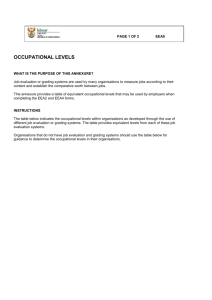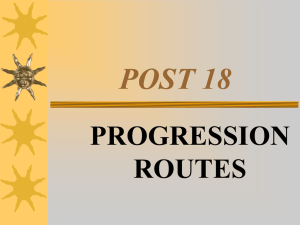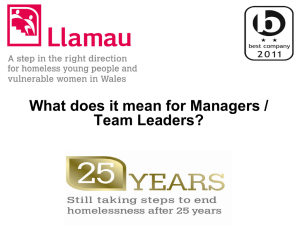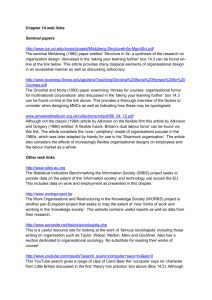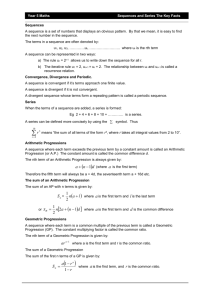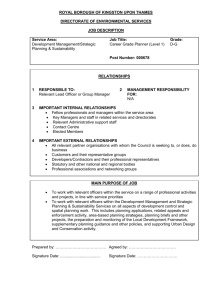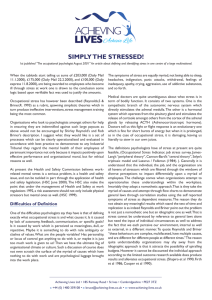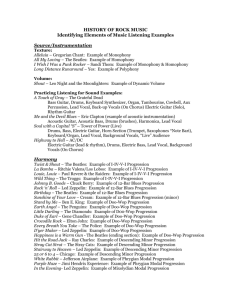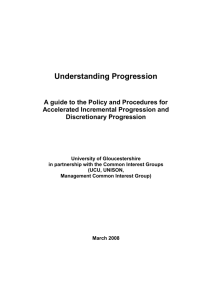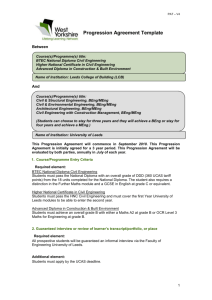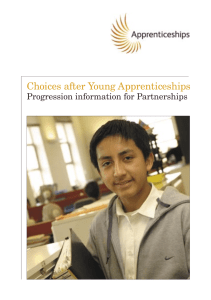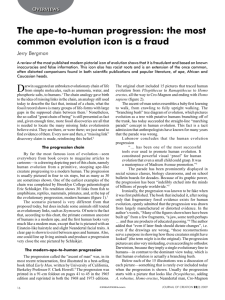Career Development is a lifelong process of managing progression
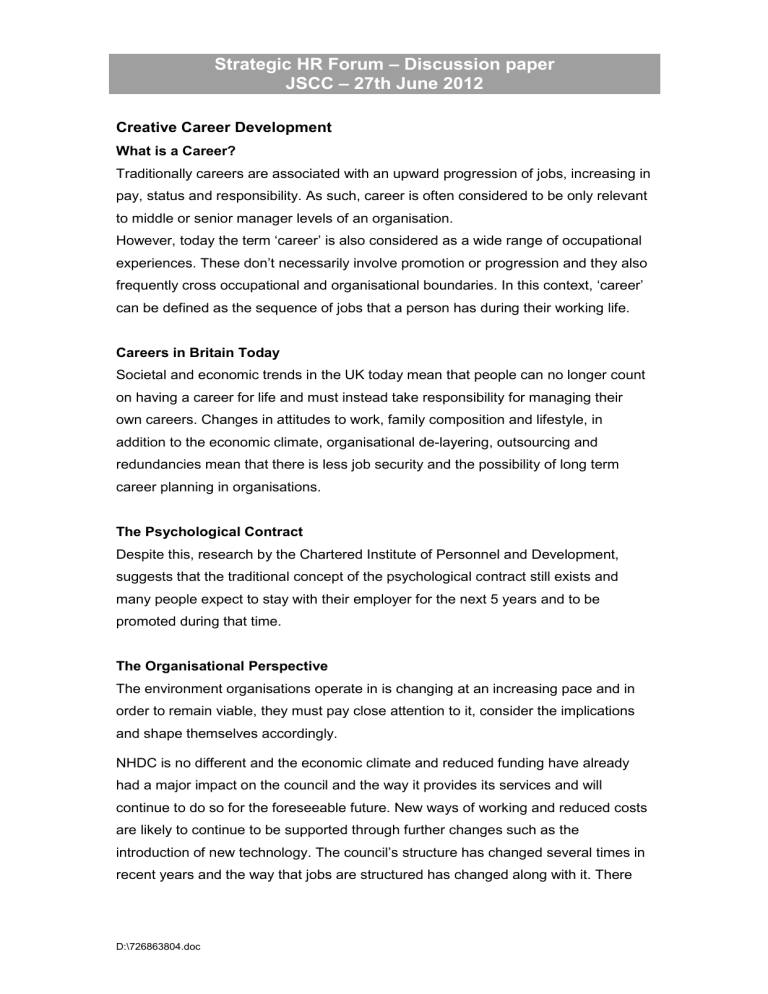
Strategic HR Forum – Discussion paper
JSCC – 27th June 2012
Creative Career Development
What is a Career?
Traditionally careers are associated with an upward progression of jobs, increasing in pay, status and responsibility. As such, career is often considered to be only relevant to middle or senior manager levels of an organisation.
However, today the term ‘career’ is also considered as a wide range of occupational experiences. These don’t necessarily involve promotion or progression and they also freque ntly cross occupational and organisational boundaries. In this context, ‘career’ can be defined as the sequence of jobs that a person has during their working life.
Careers in Britain Today
Societal and economic trends in the UK today mean that people can no longer count on having a career for life and must instead take responsibility for managing their own careers. Changes in attitudes to work, family composition and lifestyle, in addition to the economic climate, organisational de-layering, outsourcing and redundancies mean that there is less job security and the possibility of long term career planning in organisations.
The Psychological Contract
Despite this, research by the Chartered Institute of Personnel and Development, suggests that the traditional concept of the psychological contract still exists and many people expect to stay with their employer for the next 5 years and to be promoted during that time.
The Organisational Perspective
The environment organisations operate in is changing at an increasing pace and in order to remain viable, they must pay close attention to it, consider the implications and shape themselves accordingly.
NHDC is no different and the economic climate and reduced funding have already had a major impact on the council and the way it provides its services and will continue to do so for the foreseeable future. New ways of working and reduced costs are likely to continue to be supported through further changes such as the introduction of new technology. The council’s structure has changed several times in recent years and the way that jobs are structured has changed along with it. There
D:\726863804.doc
are an increasing number of short and fixed term contracts and over half the workforce work part-time and can work from home.
Staff Survey Results 2010/2012
Clearly this has had implications on career development at the council. Despite a council wide skills audit, various succession planning arrangements, offering 1:1 career development activities (e.g. career development workshops and briefing sessions, open learning surgeries and resources etc), the staff survey results in
December 2010 showed dissatisfaction levels were high at 30% and satisfaction was low at 35%. The results for the recent staff survey are very similar. This could be for a number of reasons; some staff may still consider career development to be the traditional upward progression of jobs and there are less opportunities for this. They may also not have been aware of the range of resources and activities available.
Career Management
Career management aims to find the best fit between the organisation’s and the individual’s perspective. However, this can be complicated and it is often difficult to balance the individuals’ needs and the organisations’ within the constraints of the operating environment. The CIPD suggests that the organisation needs to “forge a different kind of contract with employees by respecting their personal aspirations
and
building employability ”.
Creative Career Development
The response to the survey 2010 outcomes was to encourage staff to consider their career in a different way. As previously mentioned, a wide range of occupational experiences, that don’t necessarily involve promotion or progression, such as corporate projects and interventions e.g. implementing home working, coaching & mentoring, mediation, job evaluation; experiences that cross occupational and organisational boundaries e.g. secondments. To think about lateral and horizontal progression, as well as vertical. They were also designed to encourage people to think of their career in terms of life stages and to think about what they do or could do outside of their paid employment, such as voluntary work, down sizing, hobbies etc.
Activities arranged to assist with this, included a career development fair, which involved representatives from service areas with information about roles and what skills, knowledge etc people need for these roles.
Representatives from the careers service and local colleges were invited in to talk to people and to arrange external career development activities. Human Resources
Officers were also available to provide advice about how staff could promote
D:\726863804.doc
themselves more effectively for internal opportunities and to provide information about the range of activities available.
A Creative Career Development workshop was designed in liaison with an external provider and offered to all staff and open learning resources were added to.
An intranet page was developed, with information about career development and outplacement support activities and there was increased communications.
Staff Survey 2012
An additional question was added to the 2012 staff survey; The Council provides useful career development activities. The results to this question are that nearly half the workforce are satisfied and nearly 40% are neither satisfied or dissatisfied, which suggest the activities are reasonably well received.
The question regarding opportunity for career progression (as outlined in the 2010 survey), shows that there has been a slight reduction in dissatisfaction and a slightly higher increase in satisfaction. Given that the economic downturn continues, there has been a recruitment freeze and a restructure since the last staff survey, this is positive. However, there is clearly more work to do and many staff may still consider career in terms of upward progression.
D:\726863804.doc
